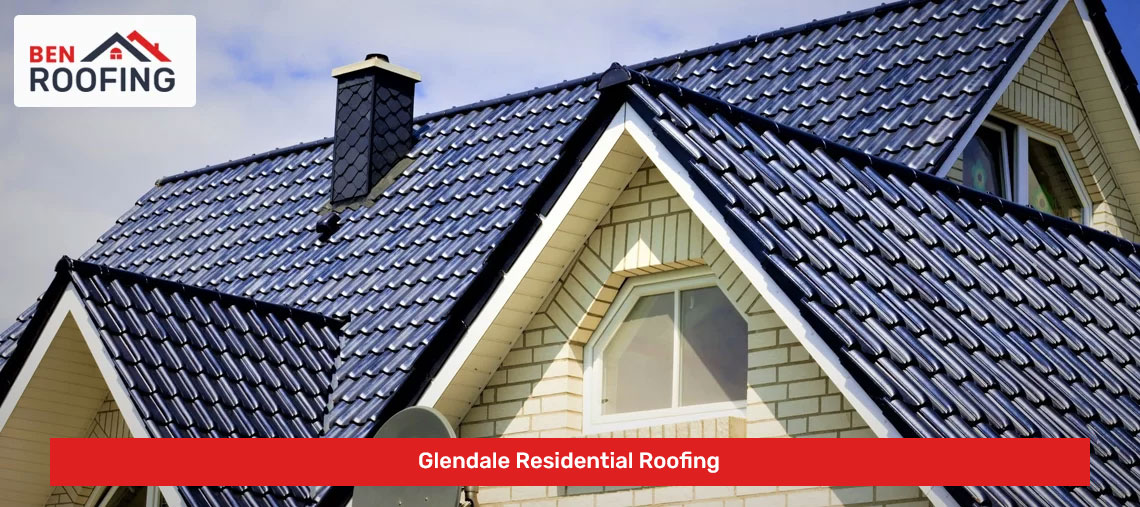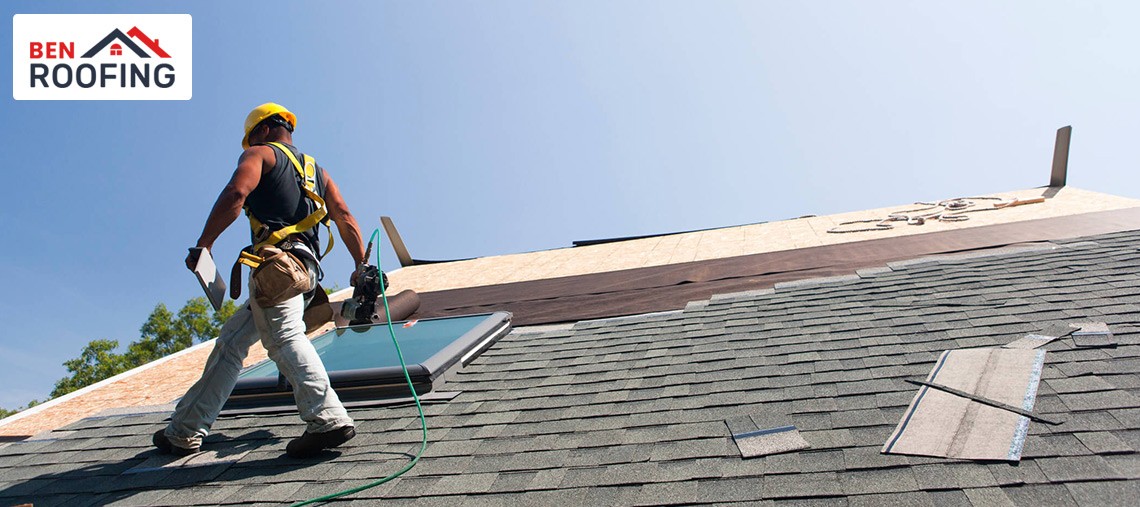When you are planning for your Glendale residential roofing project, here are some of the things that you should keep in mind.

When it comes to Glendale residential roofing, Ben Roofing offers a wide range of support from start to finish. Here are some of them

You would need to apply for Glendale residential roofing permits for your projects and for that, you need to ensure that the design and the work conform to certain building codes and regulations. Here are some of the.
| Laws and Building Codes | Description |
| Glendale Building Code | The Glendale Building Code outlines specific regulations and requirements for construction and renovation projects in the city, including residential roofing. It covers areas such as roof slope, fire resistance, insulation, and energy efficiency standards. |
| California Building Code (CBC) | The CBC provides state-wide regulations for residential construction in California. It includes provisions for roof design, structural integrity, fire safety, and other aspects of residential roofing. |
| Title 24 – California Energy Code | Title 24 is California’s energy efficiency standard, which sets requirements for residential buildings, including roofing, to achieve energy efficiency and reduce environmental impact. It covers insulation, cool roof materials, and other energy-performance aspects of the roof system. |
| Fire Code | The Fire Code establishes regulations for fire safety, including requirements for roofing materials and assemblies to meet specific fire resistance ratings. It ensures that residential roofs comply with fire safety standards. |
| Historical Preservation Guidelines | In designated historic districts, there may be additional guidelines or restrictions on residential roofing to preserve the historical character and architectural integrity of the area. Compliance with these guidelines is essential when working on historic homes. |
Yes, energy efficiency is an important consideration for residential roofing. Using reflective or cool roof materials, proper insulation, and ventilation can help improve energy efficiency, reduce cooling costs, and create a more comfortable indoor environment.
The most common types of residential roofing materials include asphalt shingles, metal roofing, tile roofing, wood shakes or shingles, and slate roofing. Each material has its own advantages and considerations in terms of cost, durability, aesthetics, and maintenance requirements.
The duration of a residential roofing project can vary depending on factors such as the size of the roof, the complexity of the design, and weather conditions. Our team would be able to provide an estimated timeline based on the specifics of your project.
Yes, you will get a written contract that clearly outlines all aspects of the project. This includes the scope of work, start and completion dates, materials to be used, payment terms, and any warranties or guarantees.
Safety is crucial during any roofing project. We take all necessary safety precautions such as using proper equipment, following safety protocols, and providing training to our crew.
Removing and disposing of old roofing materials is a part of the roofing process. We will handle the cleanup and disposal responsibly, ensuring that your property is left clean and free of debris once the project is completed.